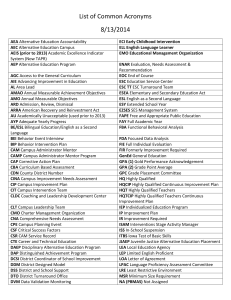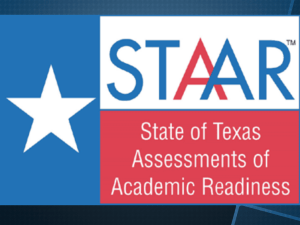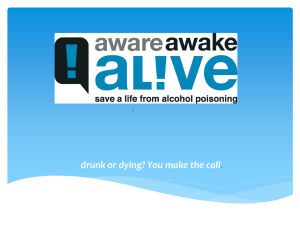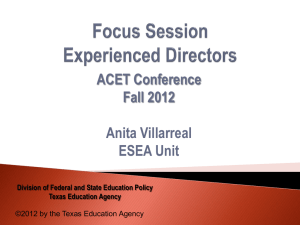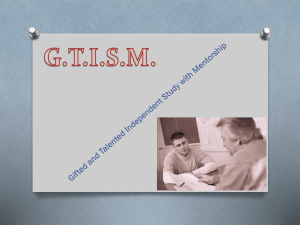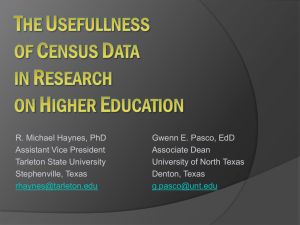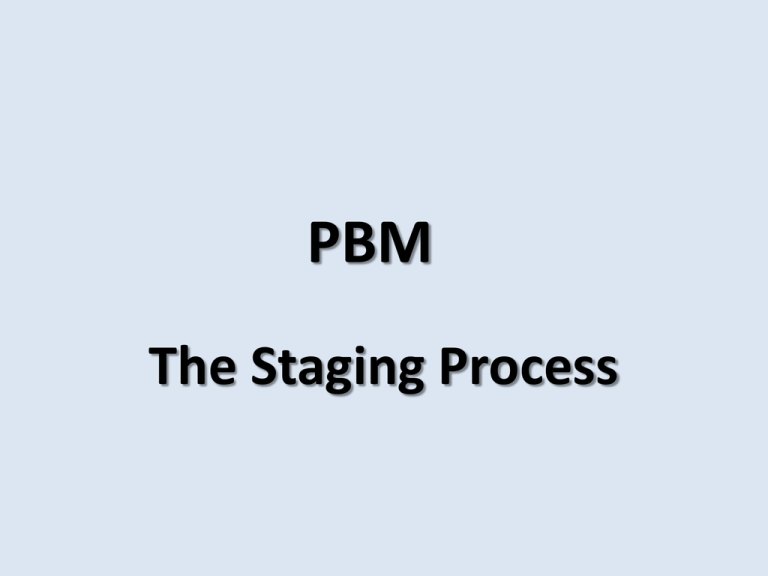
PBM
The Staging Process
Check the dates
• In late August, districts
receive their PBMAS
summary report.
What do I do with the summary
report?
1. Go to your PBMAS
Manual.
2. Look in each program
section with a number
other than “0” to see
what criteria was used
to arrive at the
performance indicator
level. (last column on
the right of page)
• Determine exactly who
the students are who
contribute to this
indicator.
(Each section of the PBMAS
manual has indicator pages
that detail what the criteria
were and the calculation).
Look for the Special Program
Performance; Intervention Stages
• Early to mid-
September in
ISAM – TEA’s
secure site.
Print all supporting documents
• 2010-2011 How was my Local
Education Agency Selected for
Career and Technical Education
Interventions?
• Framework for 2010-2011
PBMAS CTE
• 2010-2011 Submittal Matrix
• Call or e-mail
your designated
TEA contact.
*This is not a requirement, but
I believe it helped me because
TEA was aware that I was
already on the case.
CALL Kerri!
Kerri Bowles – Region 8 ESC CTE Contact
(903) 572-8551
Attend a Training
• Find out all of the
hoops you must jump
through to address the
performance indicators
and your stage of
intervention.
If you are going to have a visit…
• You will also have a PAR
(Program Access
Review)
• This PAR has 29
indicators for you to
document and have
ready for TEA’s review.
If you had any free time…
it
Communicate with everyone in the
district who is also involved. You
are never alone.
Work together
So what must you do?
Refer to the Submittal Matrix
• Depending on your level of
staging, you will have
templates to complete and
submit or maintain.
• If you are a Stage 4 – you
must complete all templates
AND prepare for an on-site
visit.
Pre-visit:
Effective communication
Holistic data analysis and visit preparation
Data and/or documentation requests, as
needed
Copyright © Texas Education Agency 2010. All rights reserved.
19
Focus of Visit:
Interviews and observations
Implementation and monitoring of strategies,
initiatives, and activities
Student progress
Copyright © Texas Education Agency 2010. All rights reserved.
20
Prior to an onsite visit:
List of all current targeted students
List of statewide assessment results
List of disciplinary placements
Student schedules
Student transcripts, as appropriate
LPAC documentation , as appropriate
ARD documentation , as needed
Copyright © Texas Education Agency 2010. All rights reserved.
21
Upon arrival for visit:
Campus maps
Campus schedules/Bell Schedules
Teacher schedules
Teacher certifications, as needed
Access to student folders
Copyright © Texas Education Agency 2010. All rights reserved.
22
Copyright Texas Education Agency. All
rights reserved.
23
The Visit
We had a team of
One to look at bilingual/ESL CTE
One to look at Special Education
One to look at Accessibility.
Copyright Texas Education Agency. All rights
reserved.
24
How often will data be submitted?
Will this data need to be submitted for multiple
program areas?
How will the implementation of our
continuous improvement activities be
monitored?
Will we continue to have follow-up meetings
with multiple program monitors?
Copyright © Texas Education Agency 2010. All rights reserved.
25
What strategies, initiatives, and activities have been
implemented (campus by campus) and how are they
being monitored?
What result(s) have you seen from implementation and
how is that reflected/supported in your district/campus
data?
If staff development has been conducted, what was the
purpose? Who was included? Why and how was this
identified as a need? Who is responsible to monitor the
impact of this training on student performance? Was the
desired result achieved? How do you know?
Copyright © Texas Education Agency 2010. All rights reserved.
26
What are the key issues you consistently uncover when
you analyze/evaluate your own student performance
data?
What individual interventions/responses to
intervention are available (campus by campus) & how
are they being monitored for effectiveness?
Copyright © Texas Education Agency 2010. All rights reserved.
27
What strategies, initiatives, and activities have been
put in place to address students failing the Exit level
TAKS? How is this impacting the dropout rate? How
is this impacting the graduation rate? Are these efforts
showing positive results? How?
What qualitative data are you utilizing? What do the
teachers/campus administrators have to say about
their kids? Attendance? Attitude? At risk status?
Home support? How are these critical issues
impacting student performance? How are issues being
addressed?
Copyright © Texas Education Agency 2010. All rights reserved.
28
Post-Visit:
Issues and concerns
Effective collaboration
Frequent follow-up communication
Copyright © Texas Education Agency 2010. All rights reserved.
29
Holistic team approach
Student specific data analysis
Monitoring and Evaluation
Common goal
“The whole purpose of education is to turn mirrors into windows…”
~ Sydney J. Harris ~
Copyright © Texas Education Agency 2010. All rights reserved.
30




